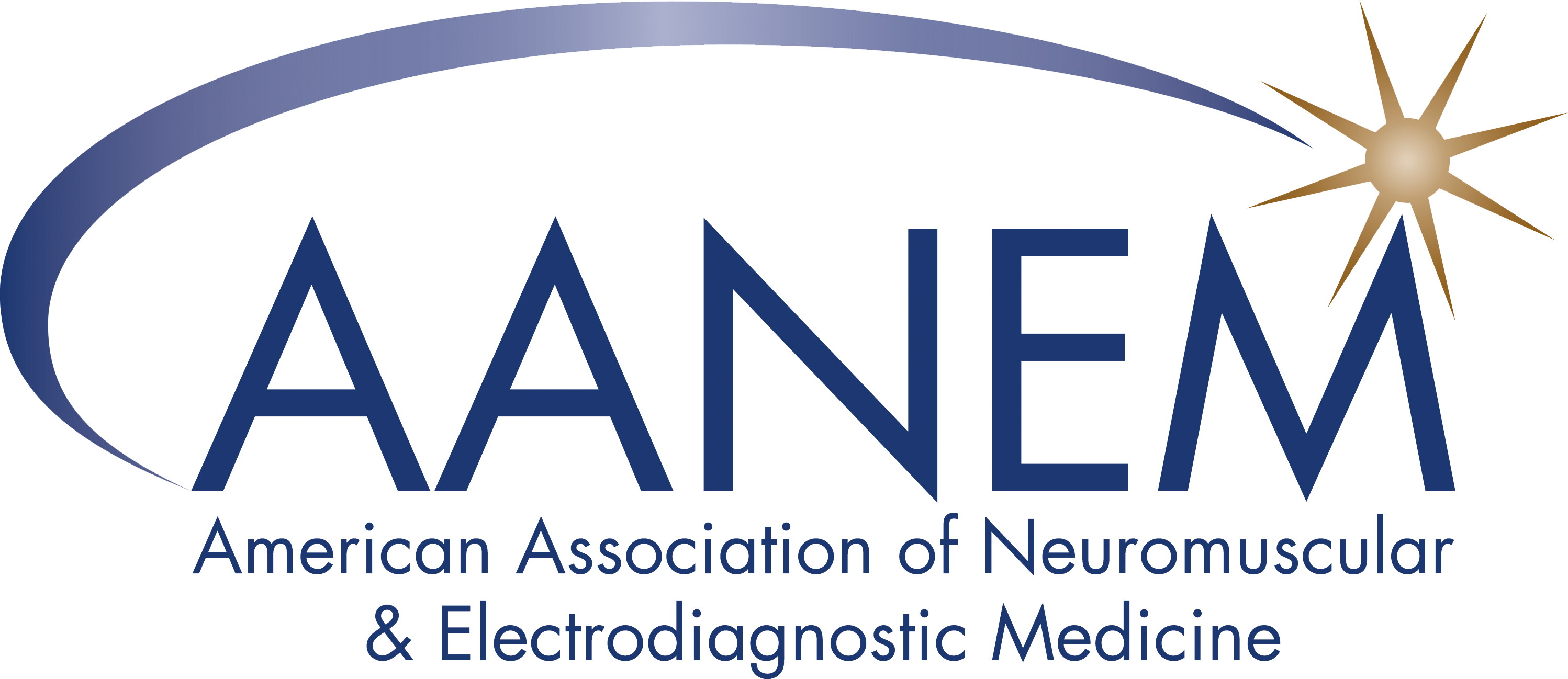Trainee Talk: Self-Assessment Examination - Purpose, Preparation, and Performance Results
Published January 30, 2024
Trainee Talk
Submitted by: Michael Skolka, MD, Neuromuscular Fellow at Mayo Clinic
It’s that time of year again! As we near the end of the academic year, residents and fellows across the country will be required to take the self-assessment examination (SAE). While standardized examinations can be a source of added stress for trainees, they can serve as a great educational opportunity as well. I took the SAE offered through AANEM during my first year of neuromuscular medicine fellowship. I remember being nervous for the exam until I learned more about it, so I am writing this article to review the purpose of the SAE, discuss how to prepare for the exam, and describe what to do with the results when returned in hopes that this information will help future trainees preparing for this test.
While the SAE seems daunting, it’s important to remember and understand the purpose of the exam. The SAE is not your typical test, so put your previous experience from medical school tests and licensing exams aside. The purpose of the SAE is to serve primarily as a teaching tool for both individuals and training institutions. It’s designed as a self-assessment to help learners identify their personal strengths and weaknesses in their field of study. As such, the questions are challenging! The point is not to get a 100%, so do not get discouraged if you don’t know all the answers. Rather, this test will help you to identify areas for potential improvement.
In preparing for standardized tests, it can be hard to know where to start. Fortunately, the AANEM has prepared a suggested reference list as a study aid, as well as monographs and course books available on the AANEM website. I would recommend to begin by reviewing these items as they contain high yield information for the test. Do your best to familiarize yourself with the content areas tested on your individual exam and make sure you are reviewing resources that cover that information. Additionally, staying engaged in your training program should also prepare you for the exam given that this is testing your clinical knowledge in your field of study. In part, this knowledge should be growing naturally as you progress through your training program on a daily basis.
After preparing for the test, do your best on exam day. You probably will not know all the answers, and that is okay! At the time, the questions may seem hard, but they are designed to assist you in learning key topics in your field. Eventually you will receive the test results, and this information is probably the most important part of the process. I was definitely nervous to receive my score fearing I would let down my boss if I failed. However, I was happy to find out that the test is not pass/fail, so I had nothing to worry about. Instead, you receive percentages of your personal score and then how that compares to your peers broken down by categories. Additionally, you can review the exam questions along with the correct answers and question analysis, which include reference citations for your learning, indicating why the answers and distractors are correct and incorrect. Review this information carefully, as it is key in helping to determine what areas you need to work on in your field as you complete your training and prepare for your upcoming board exam.
Ultimately, while standardized testing can be challenging, and I know very few people who actually enjoy taking tests, I hope this article helps you see how to prepare for the SAE and use it as an educational tool.
Good luck and happy testing!
